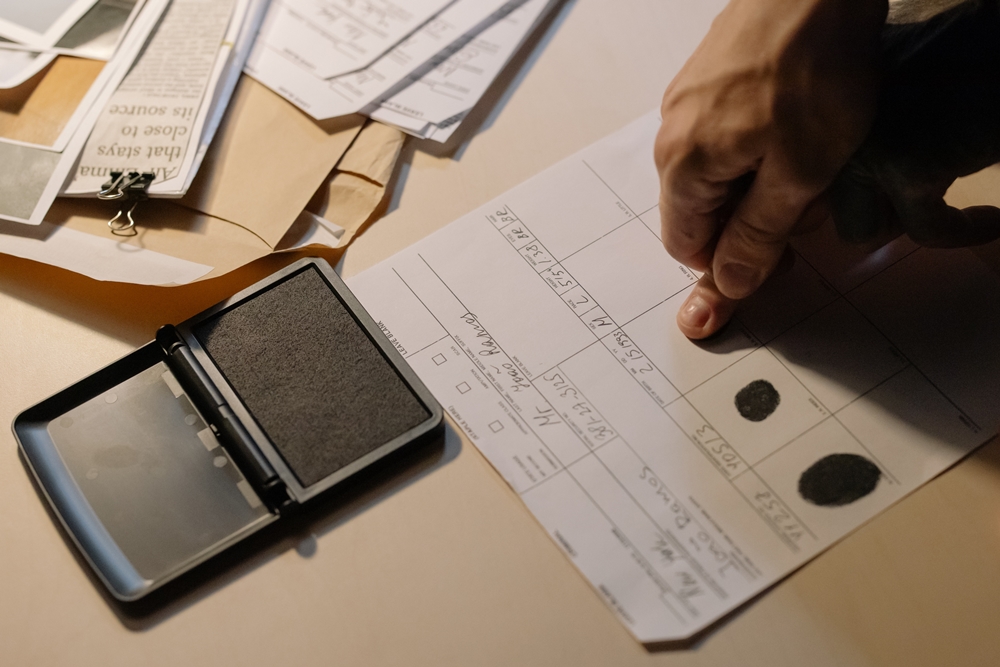
The booking process is probably one of the most well-known aspects that
occur during an arrest. We have all seen it portrayed in tv and film but is it
exactly like what actually happens? Well, yes and no. It tends to be not quite
as dramatic. Here is what actually happens during the booking process:
Collecting Basic Information
After an arrest, the first thing that will happen is law
enforcement will have to collect basic information such as name, contact
information as well as information about the pending charges, and if there is
any type of record already in place for the defendant. If there are, the new
charges would be added to the record or otherwise, a record would be created
for the database.
Taking Mug Shots
Following the collection of information, the defendant will
next need to pose for mug shots. These are headshots that will be added to their
record in case police need identifying information.
Collection of personal belongings
Once mug shots have been completed, law enforcement will proceed by collecting
all the personal belongings of the defendant. This means any clothes they came
in with as well as personal belongings such as wallet, phone, and keys. As long
as the property is not confiscated for evidence, these items will be held securely
and returned to the defendant once they have been released. After all the
proper information and pictures have been taken, law enforcement will then
collect any belongings the t defendant had on them during the time of the arrest.
Obtaining Fingerprints
Fingerprints are probably one of the most well-known parts of the booking
process. This is when the police have the defendant place their fingers in ink
and then leave an imprint on paper. This is done because every person has a different
set of prints and it can be used as identifying information in not only the
current case but also as a reference in future cases if law enforcement ever
needs to verify if the defendant is involved.
Cavity and Body Search
This is probably the step that gives people the most anxiety but it is
necessary to ensure that the population of the jail is safe. During a body
search, the defendant will be taken to a private room and met by a same-sex
officer who will first do a visual search for any contraband or weapons. In
some cases, they may also require a cavity search to ensure that nothing is being
smuggled in. This can feel jarring and embarrassing but it is important to
remember that these officers do this every day and the officers will be professionals
and should pass no judgment while completing this task.
Health Evaluation
Just as with the cavity search, a health evaluation must be completed to
ensure the safety of the defendant as well as the entire jail population. This
health check should feel very similar to a general wellness exam. The doctor is
making sure that the defendant does not have any contagious disease or possible
mental health problems that could put themselves or others in danger. If there
is found to be an issue, it may lead to the defendant being kept away from the general
population.
Detainment
The final step on the journey will be where the defendant is taken to the
detention facility and held there until the bond hearing takes place.
In the end, the number of steps that happen during the booking process can
be considered overwhelming, but it’s important to note that it all goes rather
quickly and should be accomplished in a professional and courteous manner.
 The booking process is probably one of the most well-known aspects that
occur during an arrest. We have all seen it portrayed in tv and film but is it
exactly like what actually happens? Well, yes and no. It tends to be not quite
as dramatic. Here is what actually happens during the booking process:
The booking process is probably one of the most well-known aspects that
occur during an arrest. We have all seen it portrayed in tv and film but is it
exactly like what actually happens? Well, yes and no. It tends to be not quite
as dramatic. Here is what actually happens during the booking process:



